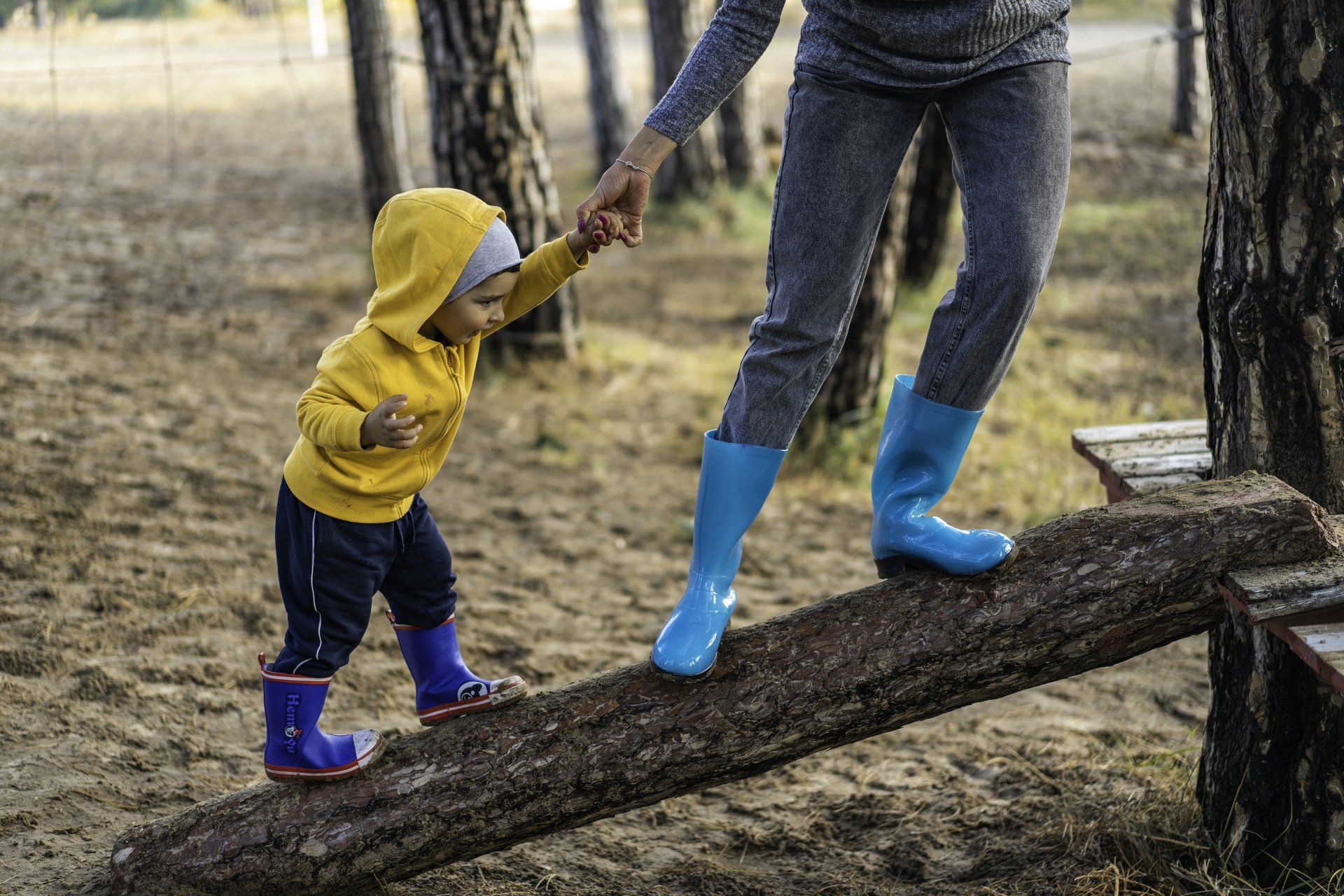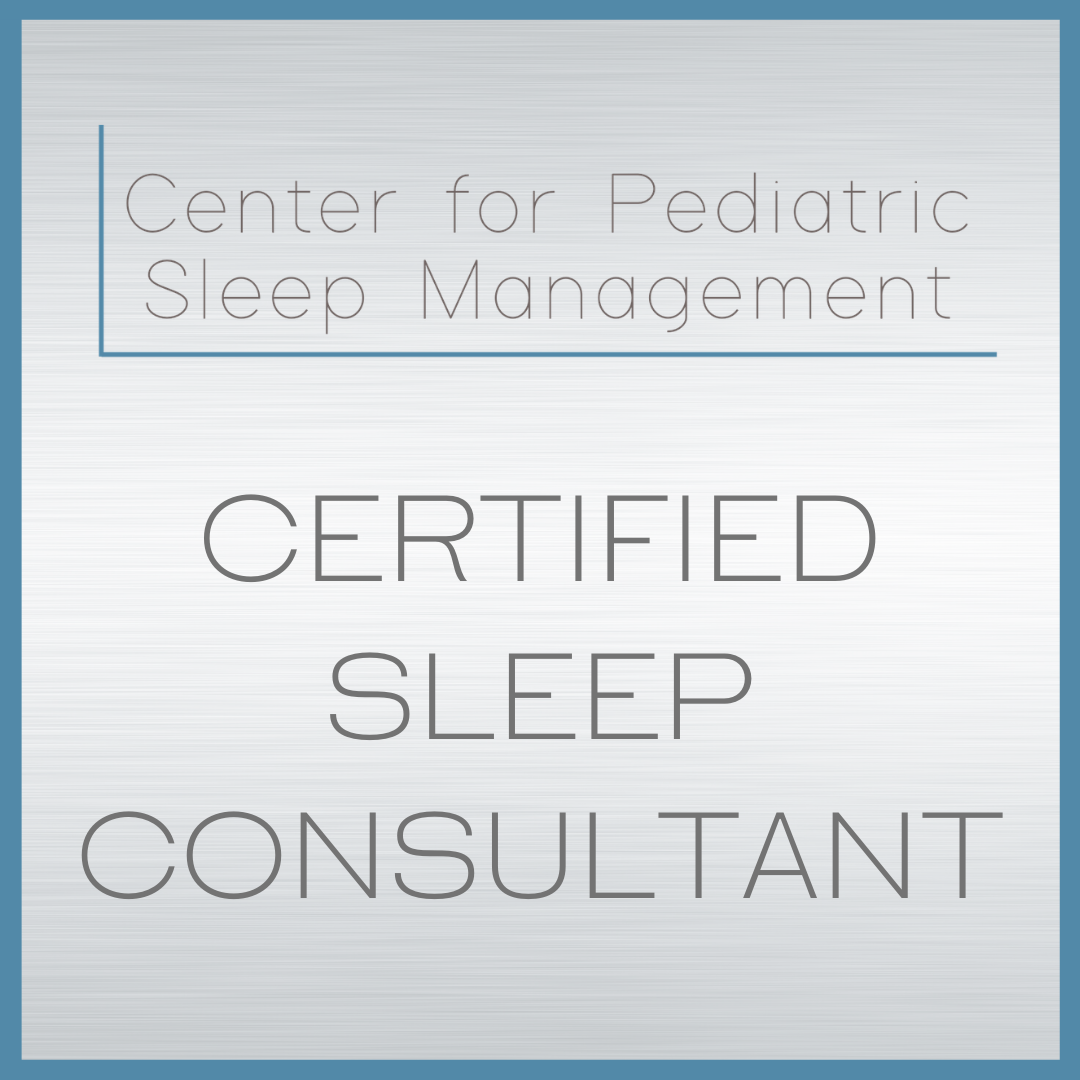Why Prioritizing Sleep is the Ultimate Gift to Your Family
Discover how better sleep improves your health, your mood, and your ability to be the best parent for your child.

- Eat Better
- Be More Active
- Stop Smoking
- Manage Weight
- Control Cholesterol
- Manage Blood Sugar
- Manage Blood Pressure
- Get Enough Sleep
The AHA also says when we consistently get enough sleep, incredible things happen:
- Our bodies heal.
- Our immune systems strengthen.
- Our mood and energy soar.
- Brain fog disappears.
- Risks for chronic diseases—like heart disease, dementia, depression, and obesity—plummet.
In short, better sleep benefits your entire family. It helps you feel better in the moment and lowers your risk of health issues in the future—so you can be there, strong and healthy, to watch your kids grow into happy, thriving adults.
Now that’s a WIN!
But let’s get real: if you’re stuck in the thick of bedtime battles, multiple overnight wakings, early morning risings, or nap strikes, it’s hard to see a way out. You’re not alone, and you don’t have to keep struggling.
Parenting can feel overwhelming—especially when you’re navigating sleep issues—but there’s a solution. If you’re ready to feel rested, refreshed, and confident that your child is set up with healthy sleep habits for life, I can help.
Email me or book your free consultation today and let’s work together to bring sleep back to your home!
Looking for a few free resources to get you started on your journey to better sleep? Check out my
Top 3 Sleep Tips and
Sample Sleep Schedules today!
References
American Heart Association. (2022). Life's essential 8 facts sheet. Retrieved December 14, 2024 from https://www.heart.org/en/healthy-living/healthy-lifestyle/lifes-essential-8/lifes-essential-8-fact-sheet
American Heart Association. (2022). How to get healthy sleep. Retrieved December 14, 2024 from https://www.heart.org/-/media/Healthy-Living-Files/LE8-Fact-Sheets/LE8_How_to_Get_Healthy_Sleep.pdf?sc_lang=en
Lacy's Lullabies - Pediatric Sleep Consultant




